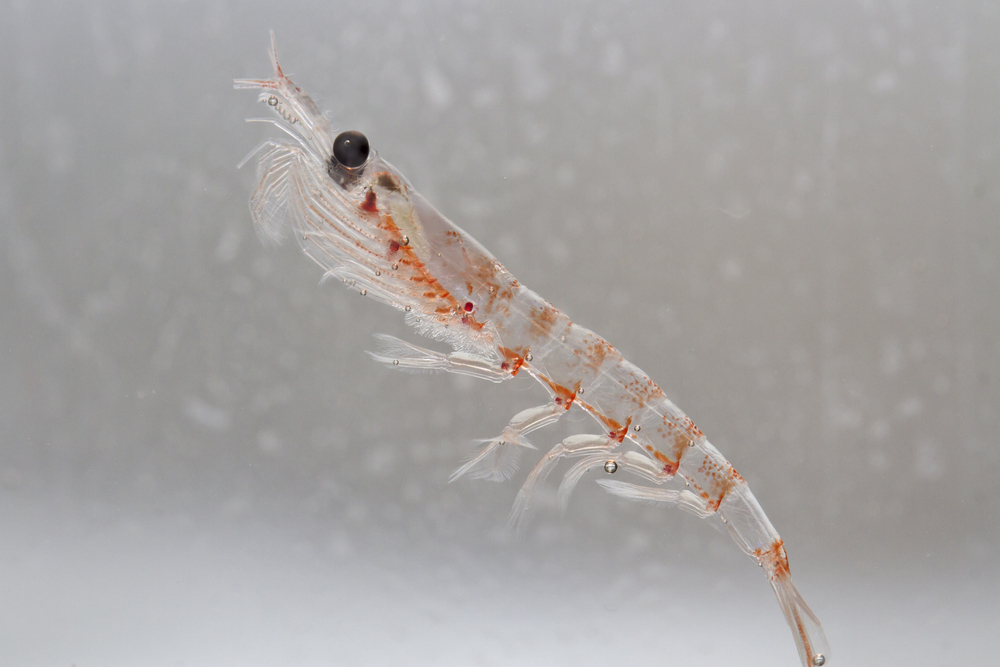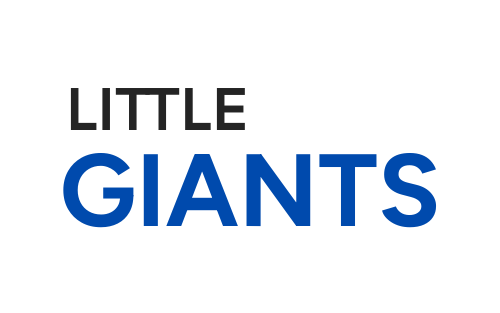Increasing knowledge and understanding on current state and future collaboration on utilisation of calanus and krill in the Nordic countries.

The Consortium
The consortium is broken into two groups i.e. core partners that are responsible for the project’s implementation, and associated partners that will be invited to the conference and will present/represent on behalf of their country/company/institution.
Partners
- Matís ohf. – Stefán Þór Eysteinsson (Iceland)
- University of Iceland – María Guðjónsdóttir (Iceland)
- Calanus AS / Zooka – Siv-Katrin Ramskjell (Norway)
- IMR – Ole Tomas Albert (Norway)
- DTU – Sigrún Jónasdóttir (Denmark)
Associated partners
- SVN – Sindri Sigurðsson (Iceland)
- Rauðátan ehf – Hörður Baldvinsson (Iceland)
- MFRI – Hildur Pétursdóttir (Iceland)
- Nofima – Inger Beate Standal (Norway)
- Aker Biomarine – Shauna Cecilia McNeill (Norway)
- Havstovan – Eilif Gaard (Faroe Islands)
- Sjokovin – Unn Laksá (Faroe Islands)
- Naturinstituttet – Klaus Nygaard (Greenlandi)
Background and Overall Objective
Calanus and Krill are among the most abundant bio-resources in the world. The Norwegian authorities have for example recently issued a 254-thousand-ton quota for Calanus, based on a stock assessment from IMR estimating the standing stock at 30 million tonnes and the yearly production at 300 million tonnes. Similar estimations of calanus in Icelandic waters is around 7 million tonnes standi stock and Havstovan has recommended 125-thousand-ton quota for Faroese waters.
Zooka – Calanus AS opened last year a calanus processing plant in Norway and has been operating 3 large freezer-trawlers for the fishery. They have also been developing the fishing gear and on-board handling. The Faroese have been trying out commercial fisheries for calanus and trials have started as well in Iceland. Similar story is to tell about krill fisheries, where Aker BioMarin have paved the way with over a decade of R&I. However mostly in Antarctica. Trials with Krill fisheries in Nordic waters have been taking place, with variable success.
There are enormous opportunities in calanus and krill utilisation in the Nordic countries. There is however major investment needed in R&I to develop the fishery and products, as well as in understanding the impact of the fishery on the ecology, where ecosystem approach to management is important. This project will facilitate networking, share information and initiate collaboration within the Nordic seafood sector.
The project will organise a conference and share information through the project webpage. The aim of the project is to facilitate collaboration that may result in cooperation on commercial level within the Nordic seafood industry and/or spin-off R&I projects e.g. Horizon Europe project(s), Nordic Innovation (Sustainable Ocean Economy) or similar.
AG fisk supported a project in 2016/17 that has successfully contributed to Nordic collaboration on R&I in utilisation of Calanus Finmaricicus. There are currently ongoing national and international projects that were created through the networks established in the AG fisk project. This project will follow a similar approach, where the future impact is highlighted.
The main focus of the project will be on the conference, which will take place in May 2024. The conference programme is available here.
